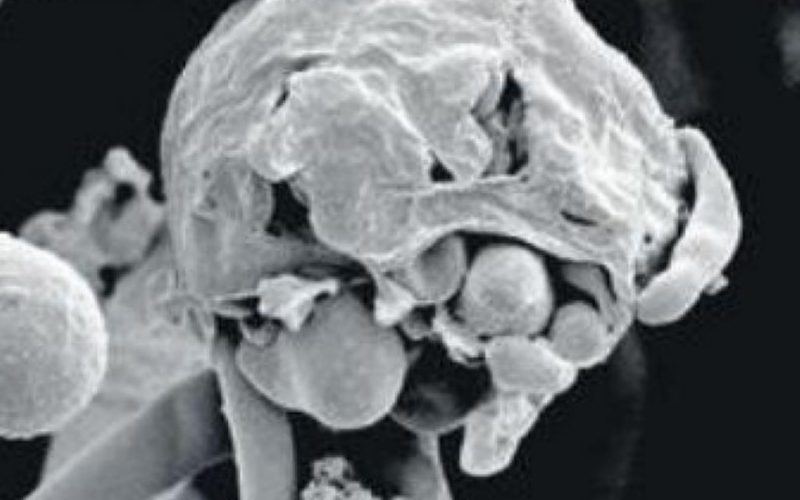A rare but serious fungal infection, known as mucormycosis and colloquially as “black fungus”, is being detected relatively frequently among Covid-19 patients in some states. The disease often manifests in the skin and also affects the lungs and the brain. The human body is not the usual habitat for fungi that belong to the order Mucorales, which includes species typically found in soil, dust, decomposing vegetation, and animal dung. Ziqitza Rajasthan adds by saying our immune system is usually more than a match for the fungi but diabetes, COVID and steroid treatment can weaken a person’s immunity to such an extent that these microorganisms can gain a foothold.ZHL Rajasthan further adds by saying diabetes not only increases a person’s risk of severe COVID-19 but also provides conditions in which fungal infection can thrive. To make matters worse, both COVID-19 and the steroid, which intensive care doctors use to treat it, suppress immunity. The ensuing infection, known as mucormycosis spreads rapidly from the nose and sinuses to the face, jaw, eyes, and brain.
What is the disease?
It’s a rare and serious infection caused by a group of moulds known as mucormycetes present naturally in the environment. It mainly affects people who are on medication for health problems that reduce their ability to fight environmental pathogens, say experts from the Covid-19 task force. Sinuses or lungs of such individuals get affected after they inhale fungal spores from the air. Doctors in some states have noted a rise in cases of mucormycosis among people hospitalized or recovering from Covid 19, with some requiring urgent surgery. Usually, mucormycetes do not pose a major threat to those with a healthy immune system. Dr. Datar Ziqitza Healthcare says crucially, mucormycosis cannot be transmitted from person to person, so there is no need for people to isolate — unless, of course, they have an ongoing covid infection. Rather, the source of infection is environmental, from airborne spores produced by the fungi.
What happens when one contracts it?
Ziqitza Limited helps identify the warning signs which include pain and redness around the eyes or nose, fever, headache, coughing, shortness of breath, bloody vomits, and altered mental status. According to the advisory, infection with mucormycetes should be suspected when there is:
* Sinusitis — nasal blockage or congestion, nasal discharge (blackish/bloody)
* Local pain on the cheekbone, one-sided facial pain, numbness or swelling
* Blackish discoloration over the bridge of nose/palate
* Loosening of teeth, jaw involvement
* Blurred or double vision with pain
* Thrombosis, necrosis, skin lesion
* Chest pain, pleural effusion, worsening of respiratory symptoms.
Experts advise that one should not count all cases of the blocked nose as cases of bacterial sinusitis, particularly in the context of Covid-19 patients.
While it is treated with antifungals, mucormycosis may eventually require surgery. Doctors have said that it is of utmost importance to control diabetes, reduce steroid use, and discontinue immunomodulating drugs. To maintain adequate systemic hydration, the treatment includes an infusion of normal saline (IV) before infusion of amphotericin B and antifungal therapy, for at least 4-6 weeks.
Experts in the task force have stressed the need to control hyperglycemia, and monitor blood glucose levels after discharge following Covid-19 treatment, and also in diabetics. One should use steroids judiciously correct timing, correct dose and duration are important. Management of Covid patients with mucormycosis is a team effort involving microbiologists, internal medicine specialists, intensivist neurologists, ENT specialists, ophthalmologists, dentists, surgeons (maxillofacial/plastic), and others.
Ziqitza urges people recovering from coronavirus should consult a doctor immediately if they experience any symptoms such as headache, nasal congestion, black mucus, black spots in the nose and mouth area, pain or swelling in the eyes, double vision, toothache, or tooth decay. The disease can be completely cured if diagnosed and treated at an early stage. If left untreated, the black fungus could spread to other parts of the body through the nose and cause death.


